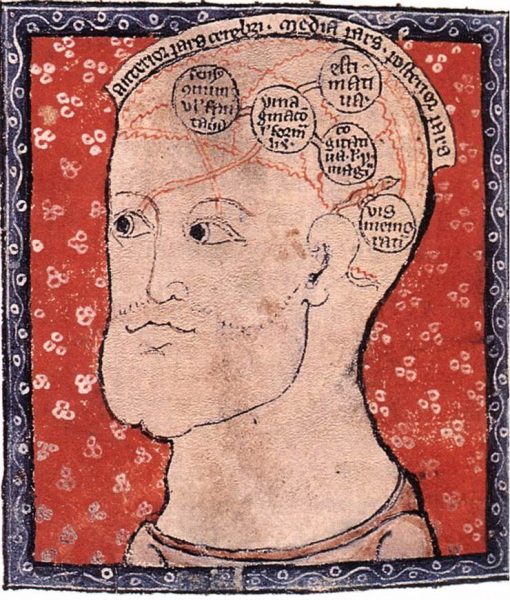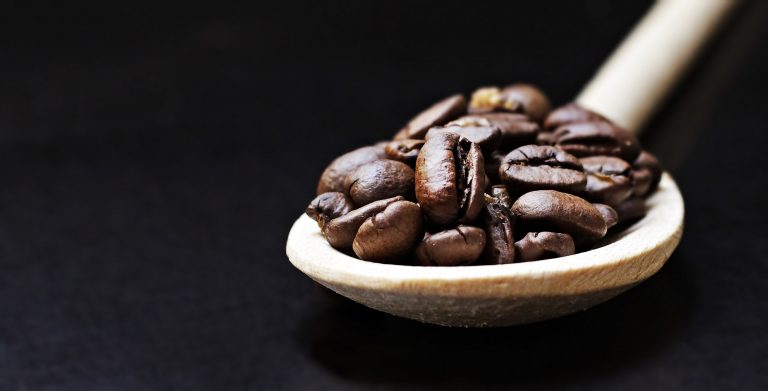Coffee may be a prime source of energy for many adults, and the beverage touts some health benefits as well, but too much of this stimulating substance may do more harm than good. While an excess of coffee has been known to contribute to loss of sleep, weight gain, anxiety, and the jitters; there is now evidence of a new risk associated with coffee consumption.
Research and Discovery
Nutritional Neuroscience published a recent study which recorded the levels of habitual coffee consumption of 17,700 participants from the U.K. Biobank between the ages of 37 and 73 years. Researchers also recorded the volume of the subjects’ brains via MRI.
Kitty Pham, a PhD candidate who co-authored the study, said in a news release,“Coffee is among the most popular drinks in the world. Yet with global consumption being more than nine billion kilograms a year, it’s critical that we understand any potential health implications.”
The completed study yielded rather chilling results, and no small concern for coffee drinkers everywhere.
Possible brain reduction
From the data recorded, the team found an inverse relationship between coffee consumption and brain volume. The more coffee one drank, the higher the chances they were to experience a drop in relative total brain volume.
Success
You are now signed up for our newsletter
Success
Check your email to complete sign up
The specific parts of the brain that were affected include the hippocampus (learning and memory), gray matter (moving, memory and emotions) and white matter (thinking, motor function and balance). According to WebMD, white matter in the brain is connected with the aging process, which could accelerate if this area is negatively impacted.

“This is the most extensive investigation into the connections between coffee, brain volume measurements, the risks of dementia, and the risks of stroke — it’s also the largest study to consider volumetric brain imaging data and a wide range of confounding factors.” explained Pham.
Other than low brain volume, researchers have also discovered that, in addition to an increased chance of stroke, people who drank a lot of coffee have the same higher chance of dementia as those who drank decaf or didn’t drink coffee at all; in effect, they lost the benefit that some amount of coffee granted.
Despite evidence that coffee can help reduce the risk among middle-aged drinkers, those who drank six cups a day, especially, would have their odds of dementia raised to an astonishing 53%.
The Verdict
While the recent discovery may be unsettling to coffee lovers, Professor Elina Hyppönen, senior investigator and Director of UniSA’s Australian Centre for Precision Health, says that there is a balance to be made between drinking and our health.
“Of course, while unit measures can vary, a couple of cups of coffee a day is generally fine.” explained Professor Hyppönen. “However, if you’re finding that your coffee consumption is heading up toward more than six cups a day, it’s about time you rethink your next drink.”
“This research provides vital insights about heavy coffee consumption and brain health, but as with many things in life, moderation is the key,” she added, while advising that water should be consumed alongside coffee to maintain proper hydration.
Until further research determines the cause of these findings, it may be best to limit your daily cups of coffee, and keep in mind that there are alternative ways to start your day and keep your energy up without any risk of shrinking your brain.







